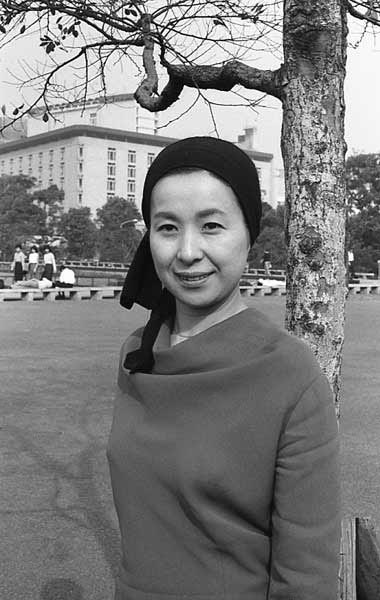#yatsuko tan'ami
Text
Cinema Legends Turning 100 in 2024
Even though there is one more month to go in 2023, I thought I would get a head start on this post. Without further ado, the centenarians for 2024.
Eva Marie Saint - actress
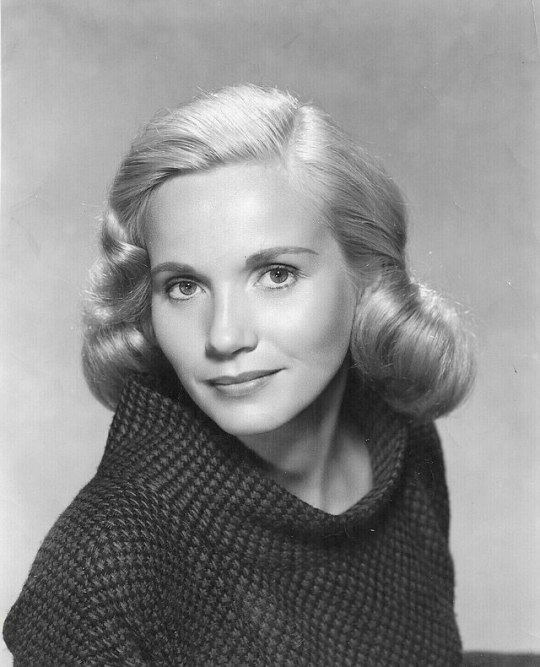
William Russell - actor (Update: Died on June 3, 2024 at 99)

Robert M. Young - director (Update: Died On February 6, 2024 at 99)

Lee Adams - lyricist

Priscilla Pointer - actress (Update: Made it to 100)
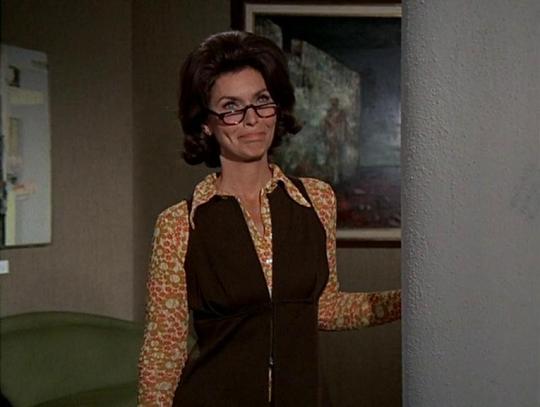
Ann Vernon - actress (Update: Made it to 100)
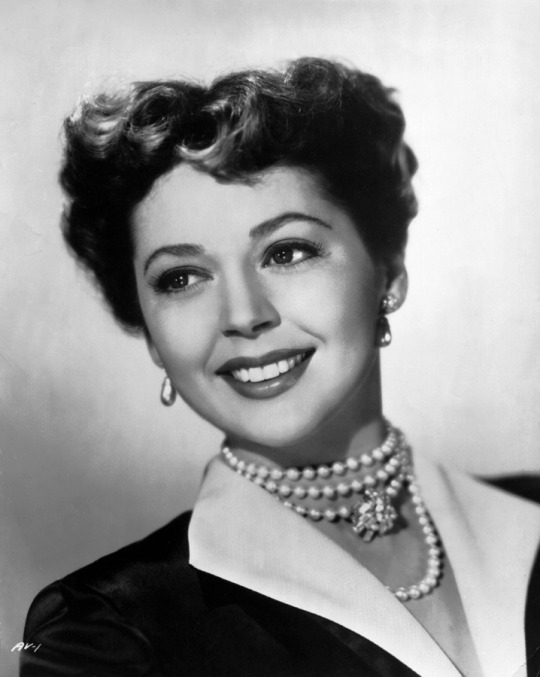
Krishnaveni - actress
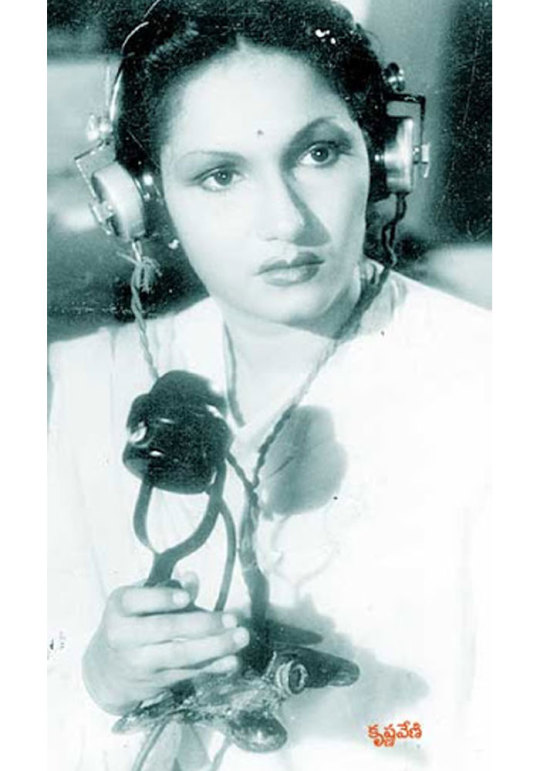
Mimis Plessas - film composer
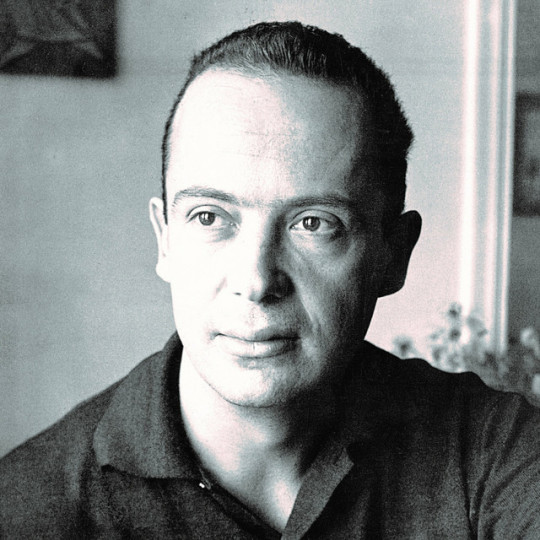
Maria Riva - actress

Joyce Randolph - actress (Update: Died On January 13, 2024 at 99)
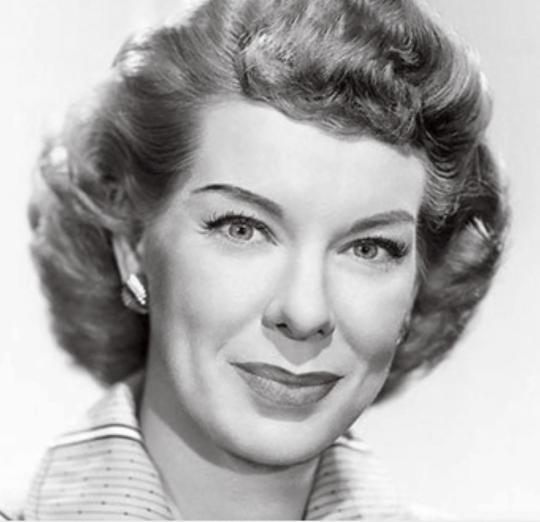
Ted Hartley - actor, producer

Nadia Cattouse - actress
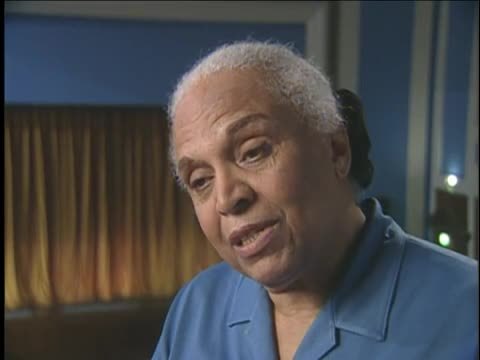
Woody Woodbury - actor, comedian (Update: Made it to 100)

Meta Velander - actress
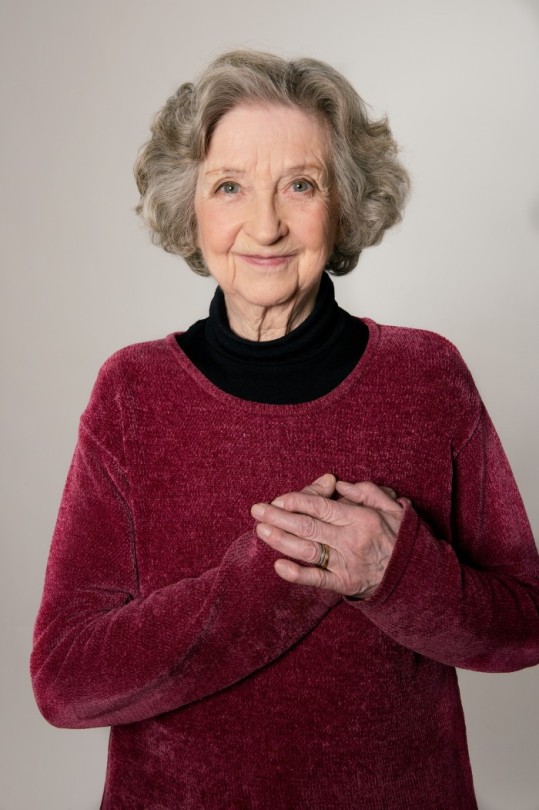
Pia Velsi - actress (Update: Made it to 100)
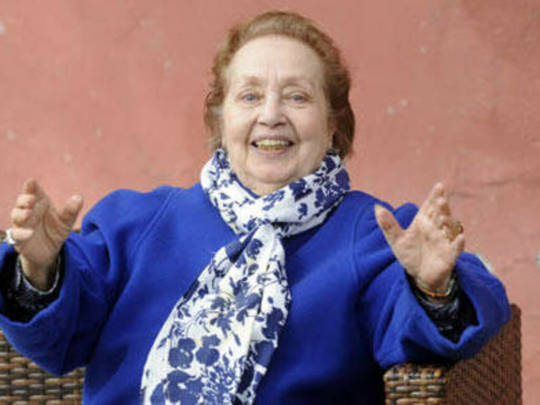
Yatsuko Tan'ami - actress
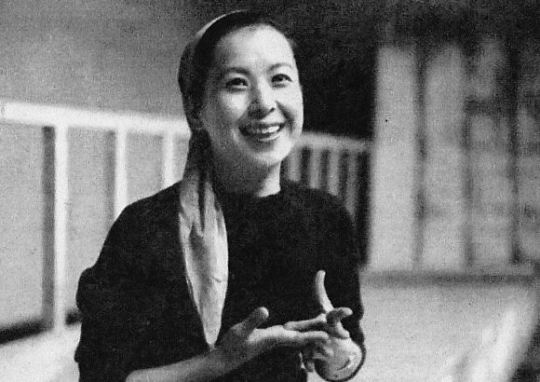
Bo Bjelfvenstam - director, screenwriter, actor (Update: Made it to 100)
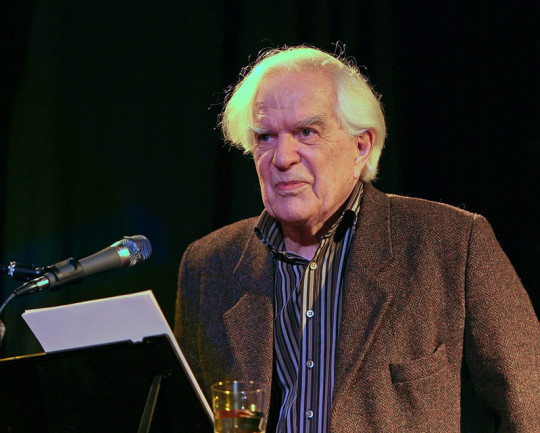
Jean Harlez - director

Madeline Anderson - director
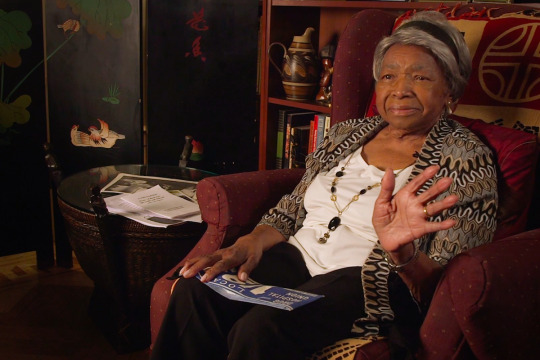
Kang Cheng - director
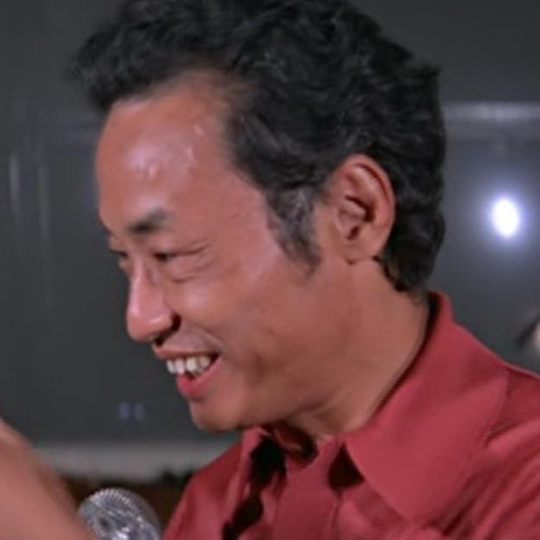
Fada Santoro - actress

Walter Schultheiss - actor (Update: Made it to 100)
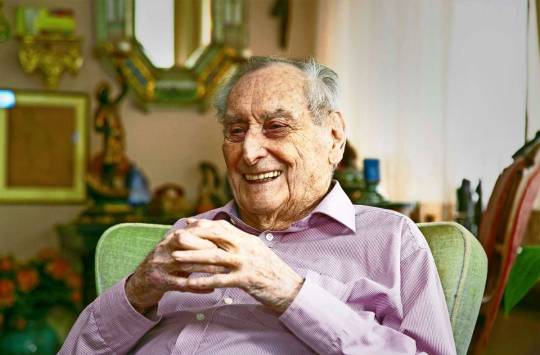
Donald Pelmear - actor

Teresa Cunillé - actress

Ip Chun - martial artist, actor

Rolf Schimpf - actor

Terry Gibbs - film score musician

Elaine Schreyeck - continuity supervisor
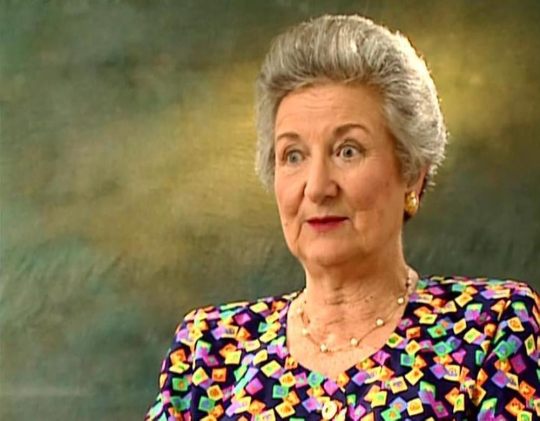
Eunice Christopher - actress
(no photo available)
Gloria Stroock - actress (Update: Died On May 5, 2024 at 99)
(no photo available)
Robert Porter - producer
(no photo available)
Pat Jaffe - producer, editor
(no photo available)
Norbert Terry - director, producer
(no photo available)
Alice Toen - actress
(no photo available)
Richard Gilbert - director, producer
(no photo available)
Ronald Spencer - director, producer
(no photo available)
#dannyreviews#2024#hollywood#centenarians#eva marie saint#william russell#robert m. young#priscilla pointer#ann vernon#krishnaveni#mimis plessas#maria riva#joyce randolph#ted hartley#nadia cattouse#woody woodbury#meta velander#pia velsi#yatsuko tan'ami#bo bjfelfvenstam#jean harlez#madeline anderson#fada santoro#lee adams#happy new year
5 notes
·
View notes
Text
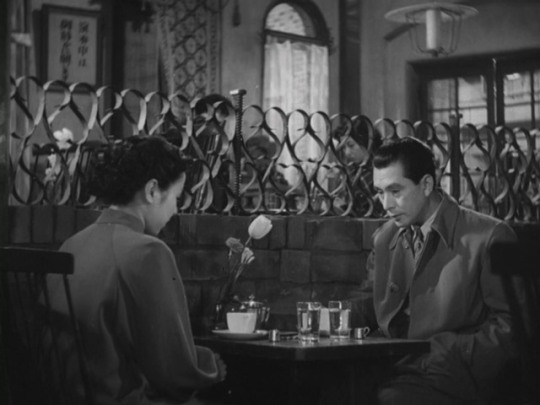
Yatsuko Tan'ami and Ken Uehara in Wife (Mikio Naruse, 1953)
Cast: Mieko Takamine, Ken Uehara, Yatsuko Tan'ami, Rentaro Mikuni, Michiyo Aratama, Sanae Takasugi, Chieko Nakakita, Hajime Izu, Yoshiko Tsubouchi. Screenplay: Toshiro Ide, based on a novel by Fumiko Hayashi. Cinematography: Masao Tamai. Production design: Satoru Chuko. Music: Ichiro Saito.
I was well into Mikio Naruse's Wife when I had a sudden feeling of déjà vu: I felt like I had seen this film before. It struck me when Toichi Nakagawa (Ken Uehara) goes to a cafe with Fusako Sawara (Yatsuko Tan'ami), a typist who works in his office, and she identifies the music playing in the background as a violin concerto by Édouard Lalo. I thought I had seen the cafe setting before: It's distinctively divided into two levels, with some ornamental ironwork separating the upper from the lower level where Nakagawa and Sawara are sitting. Later in the film, when Tadashi Tanimura (Rentaro Mikuni), the painter and art student who rents a room from the Nakagawas, appears, and still later when Nakagawa's wife, Mihoko (Mieko Takamine), rents another room to a young woman who's the mistress of an older man, I knew I'd seen Wife before. At my age, any memory lapse like this can be disturbing, but I also thought it told me something about the kind of film Wife is. For the main story of the film, about the stagnant marriage of Toichi and Mihoko Nakagawa, is so low-key that it's hard to latch onto anything specific about it. We've seen troubled marriages and illicit affairs before, but the Nakagawas hold their emotions in such tight check that they never explode into memorable scenes. The parts of Wife that the memory holds onto are the unique ones -- a classical melody, a distinctive set (as contrasted with the Nakagawas' typically boxlike home), or colorful characters. Even the title, Wife, has a generic quality to it -- like some of Yasujiro Ozu's titles, it doesn't give the mind much to hold onto. This is not meant to be a knock on Naruse's film, however. The pain experienced by Mihoko when she learns of her husband's affair, and that felt by Toichi and Yatsuko when they're forced to part, is very real and quite delicately observed. And there's something particularly devastating about the lack of resolution at the film's end, when, having achieved a kind of stalemate, the Nakagawas return to routine. He goes off to work and she stays home, both condemned to trying to work things out. In a way, I'm glad I had forgotten that I'd seen Wife before: It gave me a chance to rediscover a work whose subtlety and finesse outweigh its lack of flashy memory hooks.
0 notes
Photo
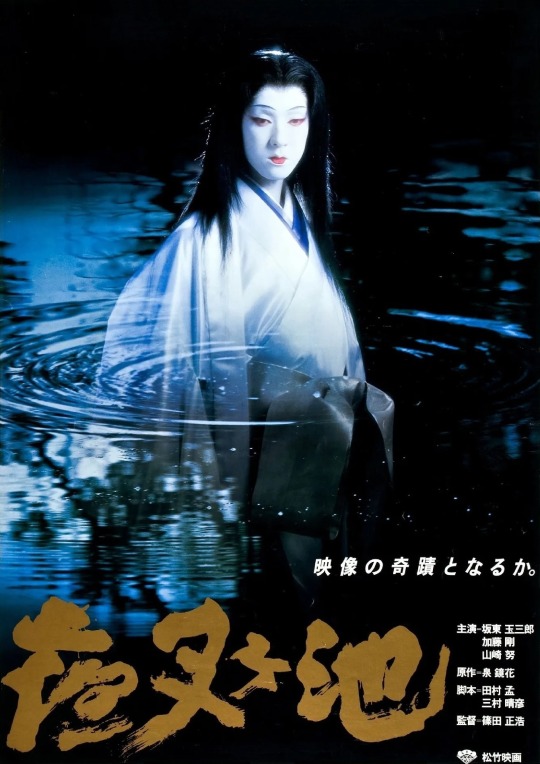
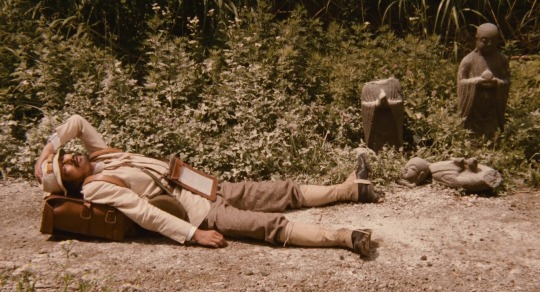
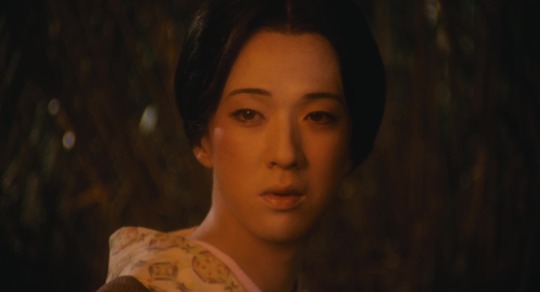
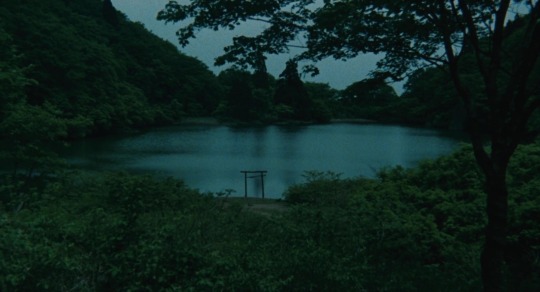
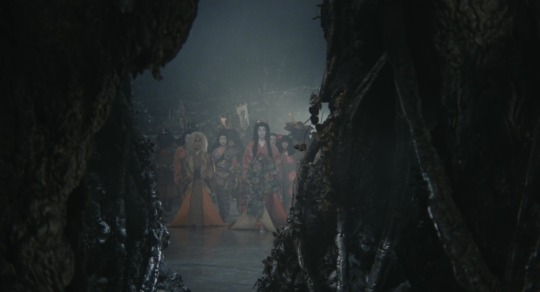
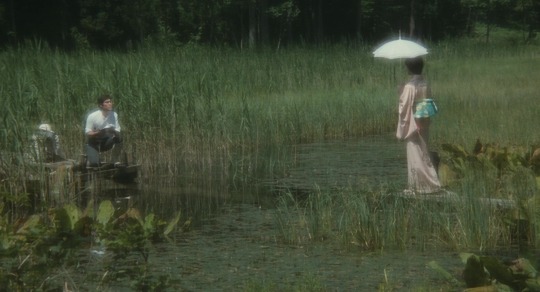
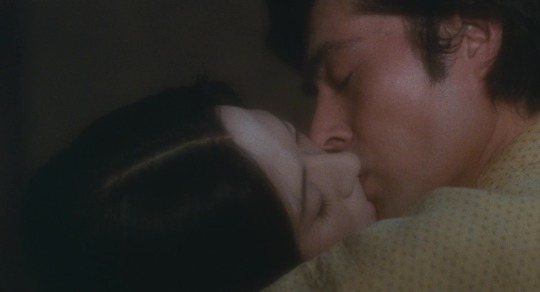
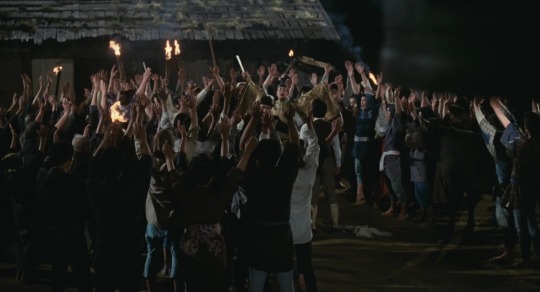
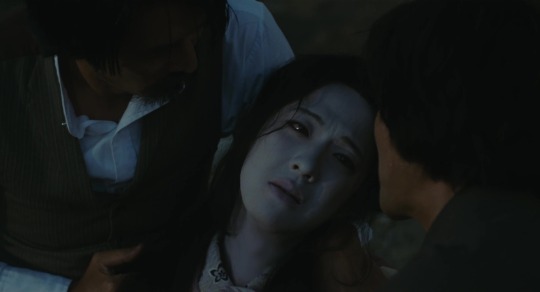
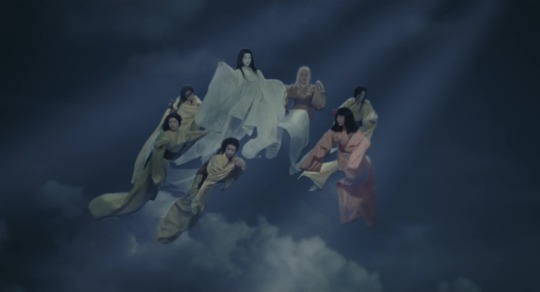
Demon Pond / Yashagaike (1979, Masahiro Shinoda)
夜叉ゲ池 (篠田正浩)
2/12/22
#Demon Pond#Yashagaike#Masahiro Shinoda#Tamasaburo Bando#Go Kato#Tsutomu Yamazaki#Koji Nanbara#Yatsuko Tan'ami#Hisashi Igawa#Norihei Miki#Kyoka Izumi#Juro Kara#Ryunosuke Kaneda#Japanese#70s#stage adaptation#kabuki#folklore#superstition#village#pond#water#drought#spirits#yokai#kaidan#supernatural#old friends#flood#human sacrifice
59 notes
·
View notes
Photo
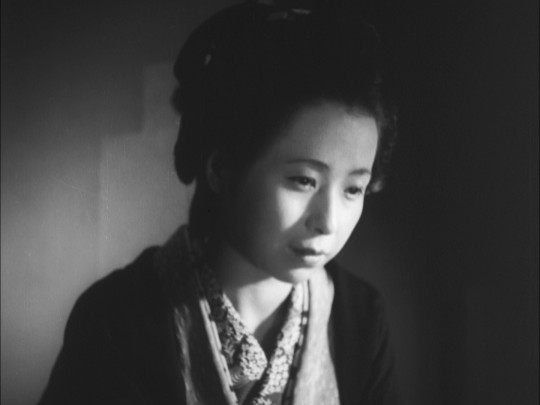

1 note
·
View note
Photo
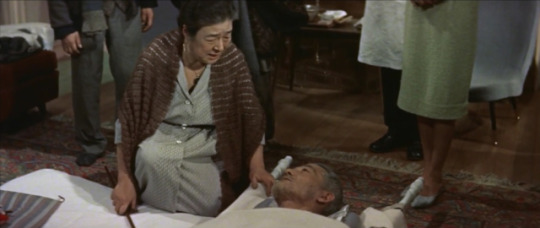
Chieko Higashiyama and Chishu Ryu in Spring Dreams (Keisuke Kinoshita, 1960)
Cast: Mariko Okada, Yoshiko Kuga, Eitaro Ozawa, Chishu Ryu, Chieko Higashiyama, Michiko Araki, Yatsuko Tan'ami, Yusuke Kawazu, Shuji Sano, Shinlji Tanaka, Miki Mori, Mie Fuji, Meiko Nakamura, Yukio Toake. Screenplay: Keisuke Kinoshita. Cinematography: Hiroshi Kusuda. Art direction: Chiyoo Umeda.Film editing: Yoshi Sugihara. Music: Chuji Kinoshita.
Keisuke Kinoshita's attempt at something like screwball comedy, Spring Dreams, has been likened to Jean Renoir's Boudu Saved From Drowning (1932) because of its premise: a member of the lower classes throws a self-centered middle class household into chaos. In this case, it's a sweet potato vendor who has a stroke in the living room of the Okudaira household and is forced to recuperate there. Because most of the action takes place in a few rooms in the Okudaira house, I'm more reminded of the stage comedies of George S. Kaufman and Moss Hart, The Man Who Came to Dinner and You Can't Take It With You, especially since Kinoshita films with long "theatrical" takes. The head of the household, Shobei Okudaira (Eitaro Ozawa), is an irascible would-be tyrant, bullying and mocking not only his family but also his secretary, Miss Yasugi (Yoshiko Kuga), taunting her as an old maid. The workers of his pharmaceutical company are threatening to strike as the film begins, so he has a lot to bluster about. In true comic fashion, there are romantic problems to solve -- Shobei's daughter Chizuko (Mariko Okada) wants to marry an artist, while he wants her to marry the son of one of his executives, if only to provide a suitable heir for his business. His own son, Mamoru, is a nerdy would-be philosopher who goes about inquiring into the meaning of life and has no interest in the business or much of anything else. (He's played by Yusuke Kawazu, unrecognizable as the same actor who played the rebellious Kiyoshi in Nagisa Oshima's Cruel Story of Youth, made the same year.) In the course of the film, the spinster Miss Yasugi will also find love, and even the matriarch of the household, Okudaira's mother-in-law, will recognize the sweet potato vendor as the lost love of her youth -- they're played, incidentally, by Chieko Higashiyama and Chishu Ryu, the elderly couple of Yasujiro Ozu's Tokyo Story (1953). Chuji Kinoshita's harpsichord score lends a delicacy to a film with a good deal of charm.
0 notes
